
MAY 29: He urged timely and relevant data collection and usage for informed policymaking, saying, “Statistics is not merely about numbers. It is much more than numbers. It is about identifying patterns and drawing insights that inform wise policy decisions. Now, there is always urgency. If your data, data must be in sync with contemporaneous situations. Otherwise, it has a tendency to be stale. How detailed? It is about identifying patterns and growing insights. Have informed policy decisions based on data that is currently acceptable. A delayed or misguided policy can have serious consequences, and a timely intervention. Well-informed decisions can yield results that are exponential, not just incremental.”
Affirming the human-centric nature of statistics, he stated, “Numbers are not cold abstractions; they are warm testimonies to our collective aspirations. These are the numbers. The future belongs to those who master the art of reading societies, statistical signatures. And only you make those signatures available. In the convergence of statistical science and democratic values lies the secret to India’s continued rise.”
The Vice-President emphasized that statistical accuracy empowers governments to shift from reactive measures to strategic foresight, saying, “This diagnostic precision transforms reactive governance into proactive stewardship. Otherwise, we will always be in reaction mode. Reaction mode is a weakness of policy—it reveals a void in foresight. But proactive stewardship is fundamental.”
He further said, “We are also required to use data to address demographic trends. Demographic trends are beyond statistics. They are dependent on the analysis of statistics. In several ways, these variations define the pulse of the nation’s transformation. And therefore, understanding statistics from the perspective of demographic variation will help policymakers address the security of the nation. Preserve our sovereignty also. Analyse the threat perception. Help us devise policies. You come to know more about demography only from statistical analysis of raw figures. It’s a compass that will guide the nation’s journey for sustainable development.”
Encouraging the young officers to see themselves as agents of equality, he reflected on their role in democratizing access and opportunities. Shri Dhankhar said, “You are probationers. Statistical cartography reveals the hidden geometries of inequality. I stressed—I reiterated on a number of occasions—democracy has meaning only if those who cannot help themselves are helped. They don’t have to question others that I need help, which means you must bring about equality and sublimity. Your cartography helps. Governance is enabled by your efforts to craft targeted interventions, where interventions are most needed.”
He then reflected on the vital role of civil servants in India’s journey, saying, “In the vast canvas of India’s progress, civil servants functioned as the silent yet formidable architects contributing to the socio-economic development and progress of our dynamic nation. Thanks to the vision of the Prime Minister, his mission, that execution has been place by the bureaucracy. The performance of our bureaucracy will always be optimal if the political leadership is in the right framework. With the right policies, we are living in those times where the political framework is indicating hope and optimism. We are on the right path. And that is why India is a nation at the moment with an unprecedented economic upsurge, phenomenal infrastructure growth. This is a mix of political vision and bureaucratic execution. I therefore say that India takes pride in its bureaucracy. It is the finest in the world. And that is why our aspirations get fructified.”
Concluding his address, the Vice-President touched upon India’s linguistic diversity and its role in national unity, “India is uniquely positioned in the world when it comes to languages. We have multiple languages that make us proud — Tamil, Telugu, Kannada, Bangla, Sanskrit, Hindi, several others (I may forget some), all of them, including Odia and other languages. Eight of them are classical languages. Our languages generate unity. Some of them have a global impact; their literature is a goldmine of knowledge. Our inclusivity is reflected in our languages, and if you go to the constitutional scheme of things, it is provided in the Constitution that for official work, there will be a progressive decline in the use of the English language and, similarly, an incremental trajectory for Hindi. Our National Education Policy stands out for giving primacy to the mother tongue. Technical subjects like medicine and engineering, the education is now being imparted in the vernacular. Our languages are our spinal strength. Our languages can never be a source of divisiveness. Our languages are a unifying force. I appeal to everyone in the country to have a soothing approach with wholesome motivation toward this fundamental cultural aspect of our nation.”
Dr. Saurabh Garg, Secretary, Ministry of Statistics & Programme Implementation, Shri. P. R. Meshram, Director General, Ministry of Statistics & Programme Implementation And other dignitaries were also present on the occasion.
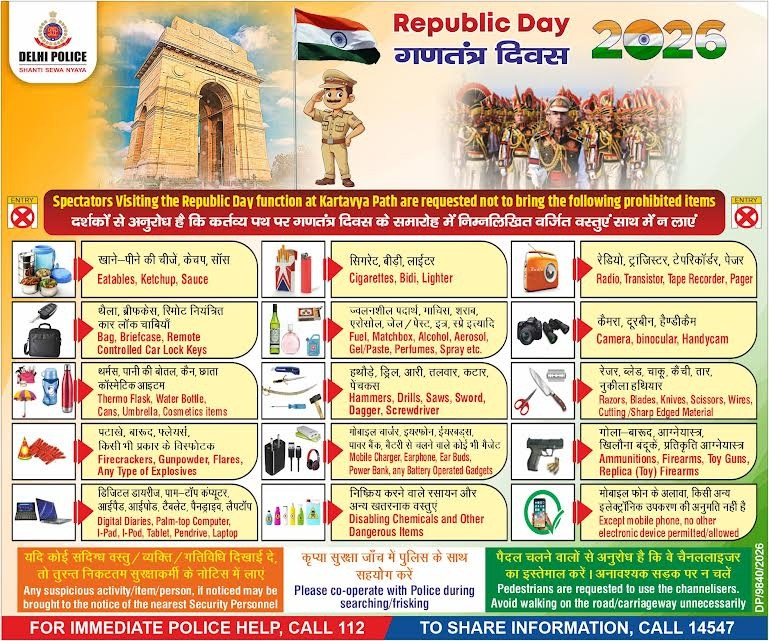

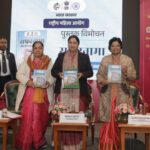
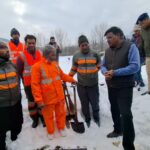
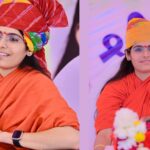
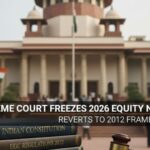



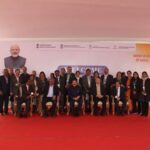

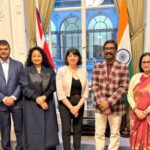
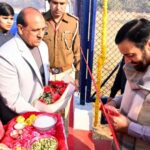


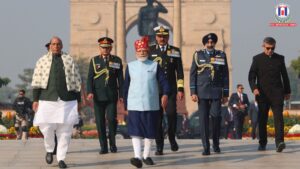
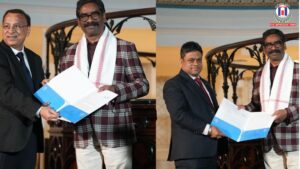

No Comments: